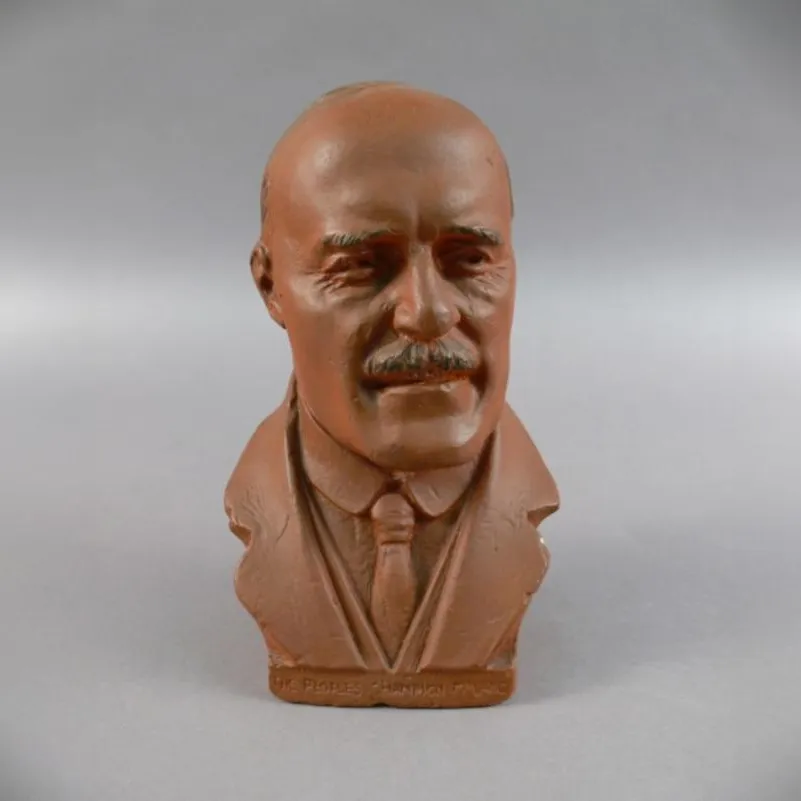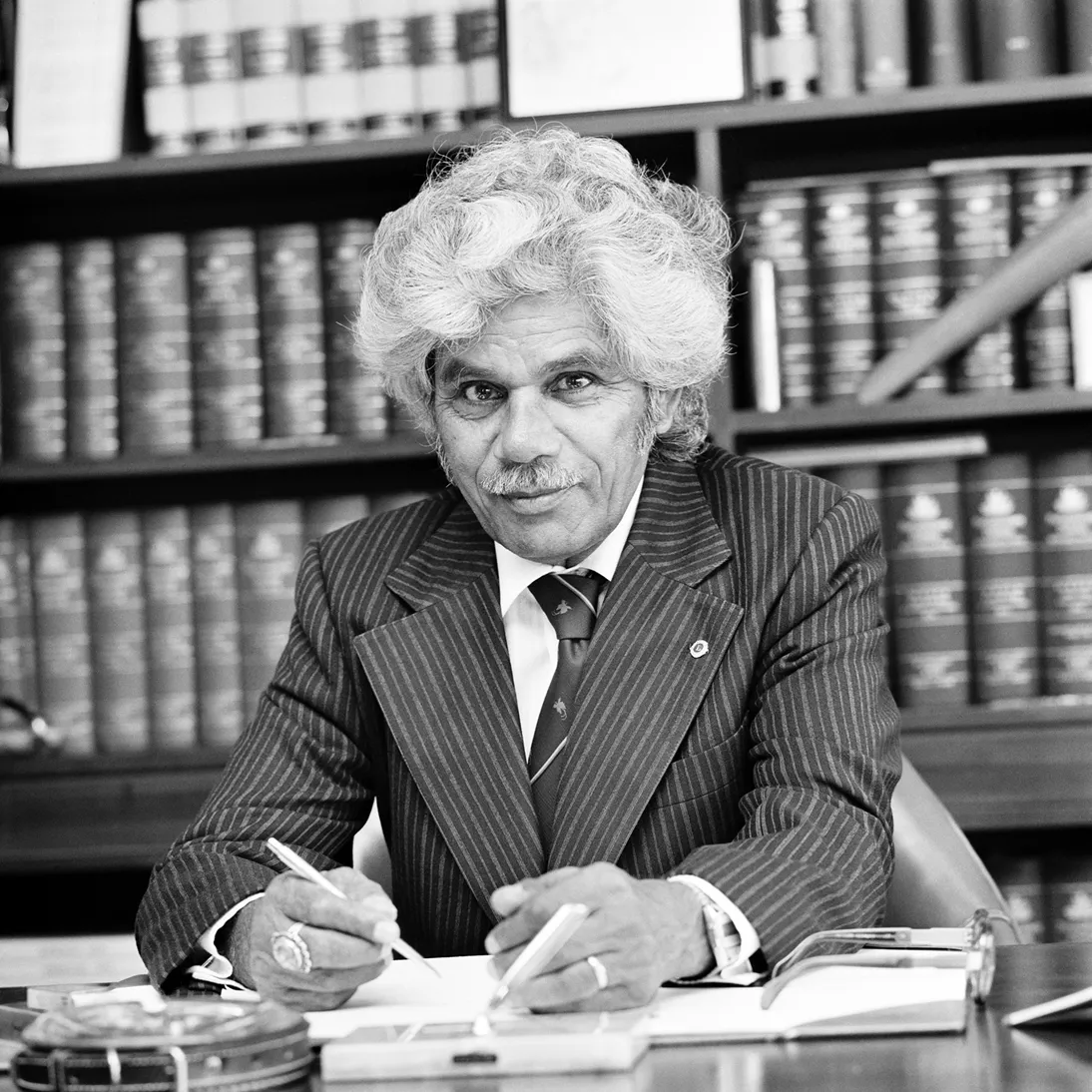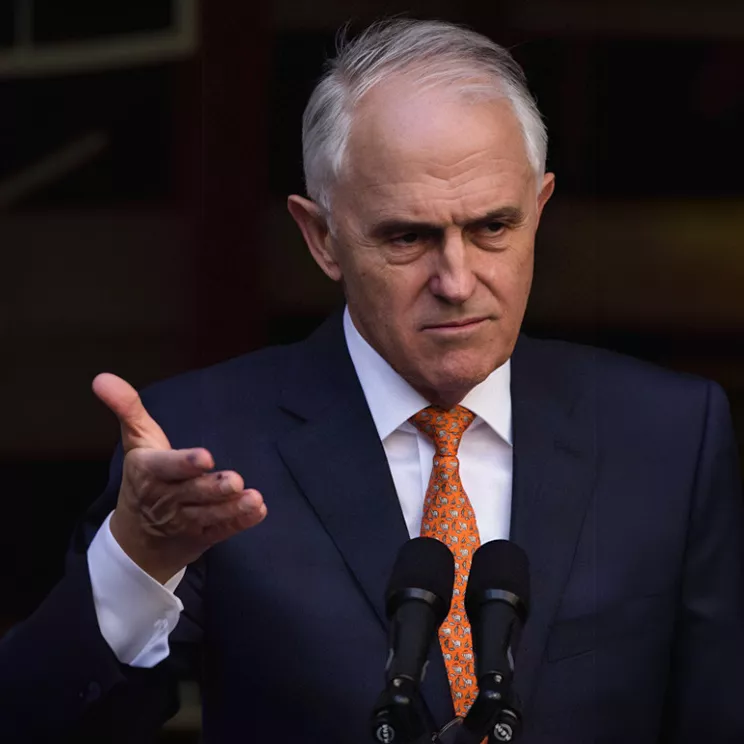When Jack Lang was dismissed as Premier of New South Wales
- DateFri, 13 May 2016
Did you know, there was another Dismissal, decades before Sir John Kerr sacked Gough Whitlam?
On 13 May, 1932, Governor Sir Philip Game sacked Jack Lang as Premier of New South Wales. Lang was a Labor Premier who had come to power in the wake of the stockmarket crash.
He had his own radical plans for combatting the Great Depression, which ruffled more than a few feathers. An unashamed socialist but a determined anti-Communist Lang had his own plan to get through the economic crisis. Lang wanted to stop paying off foreign debts, get more government credit, and abolish the gold standard.
Lang’s plan didn’t sit well with the establishment, the banks, the other states or the Commonwealth government, all of whom were backing spending cuts. Lang had his own supporters in the federal Labor Party, who in 1931 left it and voted to bring down the Scullin Labor government. Lang remained a Labor pariah for decades because of this, but he continued to be very popular with his base, and his speeches drew huge crowds throughout Sydney.
Lang refused to pay his state debts, so the new United Australia Party federal government under Joe Lyons passed a bill, the Financial Agreement Enforcement Act, in early 1932.
The effect of the act was to force NSW into paying its debts. Lang refused to be stopped. In response, Lang instructed his officials to withdraw state funds from banks and not to pay any money into or through any banks, or to the Commonwealth Treasury.
Game, advised by others including the Chief Justice, believed Lang’s actions were illegal. He asked Lang to withdraw his instructions, but Lang refused, stubborn to the end. And so, on 13 May, Game dismissed Lang as Premier and appointed Bertram Stevens, the leader of the UAP, in his place. Just like in 1975, the caretaker Premier then called an election which he won handily.
Lang retained his leadership, and remained active in politics. But he would never again be Premier.









